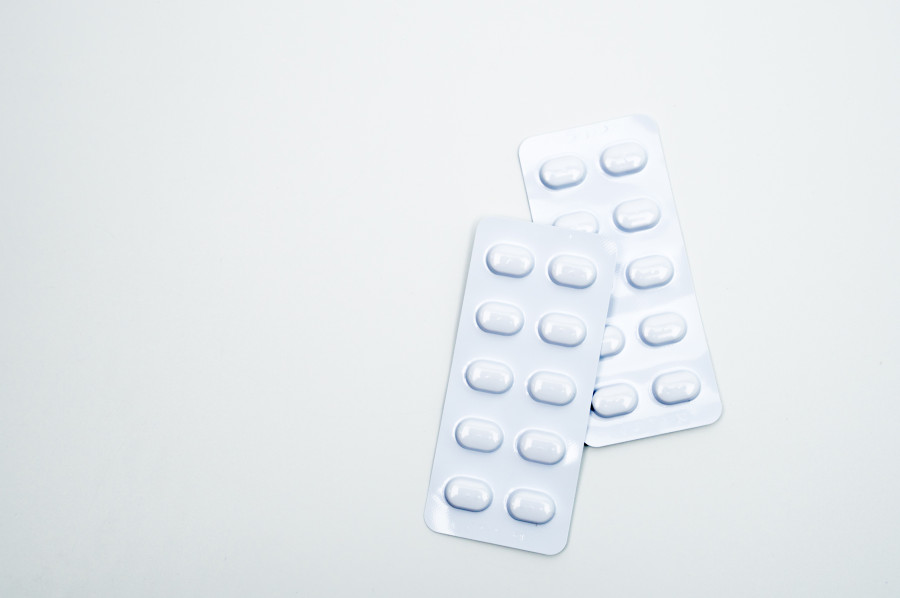Health
Non-communicable disease medicines worth Rs 135 million to be distributed free of charge
Several studies show more than two-thirds of deaths are caused by non-communicable diseases.
Arjun Poudel
The Epidemiology and Disease Control Division has started the process of purchasing medicines worth Rs135 million for non-communicable diseases for the current fiscal year.
The division, which is also responsible for dealing with a growing prevalence of non-communicable diseases in the country, said the medicines would be distributed from the state-run health facilities in 51 selected districts.
"We have already started a procedure to purchase those medicines to distribute free of charge from government health facilities," Dr Phanindra Prasad Baral, chief of the section of Non-Communicable Disease and Mental Health, told the Post. "We will ensure certain medicines of non-communicable diseases in all state-run health facilities throughout the country from next fiscal year."
Several studies, including a study on Nepal Burden of Disease, STEP survey on non-communicable diseases and others show prevalence and risk of non-communicable diseases surpassing the communicable diseases.
Nepal Burden of Disease conducted in 2017 shows two in every three deaths in Nepal are caused by non-communicable diseases—heart disease, chronic obstructive pulmonary disease, lower respiratory infection and stroke.
The report of the STEP survey on non-communicable disease risk factors jointly carried out by the World Health Organization, the Ministry of Health and Population and the Nepal Health Research Council shows alarming signs on a number of issues—alcohol consumption, tobacco use, salt and junk food intake, vegetable and fruits intake, and the risk of cardiovascular diseases.
Both studies showed changing age structure and lifestyle—increasing sedentary behaviour, tobacco and alcohol use, and unhealthy diets—as the main causes of the rise in non-communicable diseases.
The findings, based on the Global Burden of Disease study, have also identified high blood pressure, smoking and high blood glucose levels as the main risk factors for the deaths and disability in the country.
According to Baral, the division has purchased medicines for mental health, high blood pressure, diabetes, respiratory diseases and heart diseases from the budget allocated to purchase medicines of non-communicable diseases. Last year, the division had purchased drugs worth Rs 50 million for non-communicable diseases and they were distributed from state-run health facilities in 31 districts.
"This year, we have an additional 21 districts in the programme," said Baral. "Patients having high blood pressure, respiratory diseases, heart diseases, diabetes and mental health in the selected districts can get free medicines from government health facilities."
Dr Bibek Kumar Lal, director at the division, said that his office has been trying to convince concerned agencies under the Health Ministry to increase the budget for non-communicable diseases.
"We have been doing our best from the limited resources given to us," said Dr Lal. "We have been trying to convince concerned officials to allocate more budget to deal with the growing menace of non-communicable diseases."
Earlier, the division had requested the Curative Service Division under the Department of Health Services to revise essential drug lists and incorporate medicines of non-communicable diseases. The division held extensive discussions with health experts and doctors while revising the essential drug list to remove some medicines, which the doctors had stopped prescribing and included medicines of non-communicable diseases.
The Ministry of Health and Population provides more than 70 types of medicines of communicable and non-communicable diseases for all district hospitals having at least 25 beds. Patients get more than 60 types of essential medicines from the primary healthcare centres and 35 types of medicines from the health posts.




 9.83°C Kathmandu
9.83°C Kathmandu















